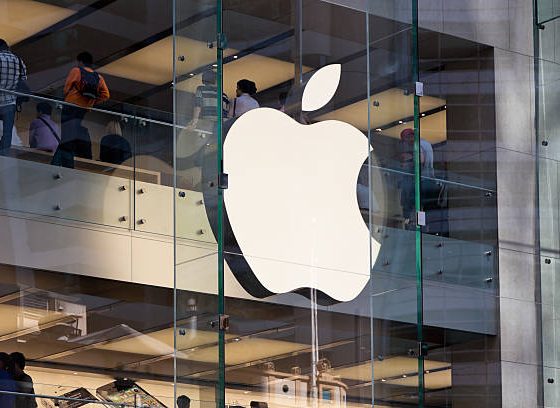When the dust settled on a major antitrust case, Wall Street looked at the ruling and decided that it was an even bigger win for Apple than for the company at the center of the lawsuit, Alphabet (Google’s parent company). The two tech giants saw their stocks jump in early trading after the decision came down.
Last year, a U.S. District judge found that Google had an illegal monopoly on internet search. The U.S. Department of Justice pushed for some pretty harsh penalties, including potentially forcing the company to sell off its Chrome browser. But in the final ruling, the judge sided with Google on some key points. While Google won’t have to sell Chrome, it will be barred from making “exclusive” contracts that tie payments to licensing.
Why the Ruling Is a Win for Apple
Even with Google at the heart of the case, analysts believe this non-exclusive arrangement is a huge benefit for Apple. The iPhone maker will still be able to get paid for making Google the default search engine on its devices, but it won’t be locked into an exclusive deal. This gives Apple the flexibility to license other non-Google AI products, like OpenAI, while still collecting billions in payments from Google. Analysts at Baird estimate that Google’s annual payments to Apple are around $20 billion, which accounts for a significant chunk of Apple’s services revenue.
This newfound freedom is a game-changer, especially with the rise of generative AI chatbots. These chatbots are becoming a real alternative to traditional search engines, and analysts believe that Google’s payments to Apple could serve as a valuable benchmark for negotiating future revenue-sharing deals with other companies. As TD Cowen put it, Apple now has a “valuable pricing reference” for its potential future partnerships. The ruling reinforces Wall Street’s positive outlook on Apple’s stock, with many analysts maintaining their “buy” ratings.
What Analysts Are Saying
Analysts from some of the biggest investment banks weighed in on the ruling, and the general consensus is that it’s a win-win for both companies, but a bigger win for Apple. They believe the ruling removes a major risk for Apple’s stock and provides more confidence in its services revenue.
Analysts at Morgan Stanley called the ruling a “near best-case scenario” for Apple because the company can continue to collect payments from Google for search distribution, even with the new conditions. Goldman Sachs highlighted the potential for a new revenue stream for Apple from “Gen AI” partnerships, similar to the payments it already gets from Google. And UBS pointed out that Google can still pay Apple an estimated $20 billion to $25 billion annually, as long as the deal isn’t exclusive. Ultimately, the ruling confirms that the partnership between Apple and Google is still very much alive, but it also opens the door for Apple to explore new, potentially lucrative partnerships in the rapidly evolving world of artificial intelligence.

